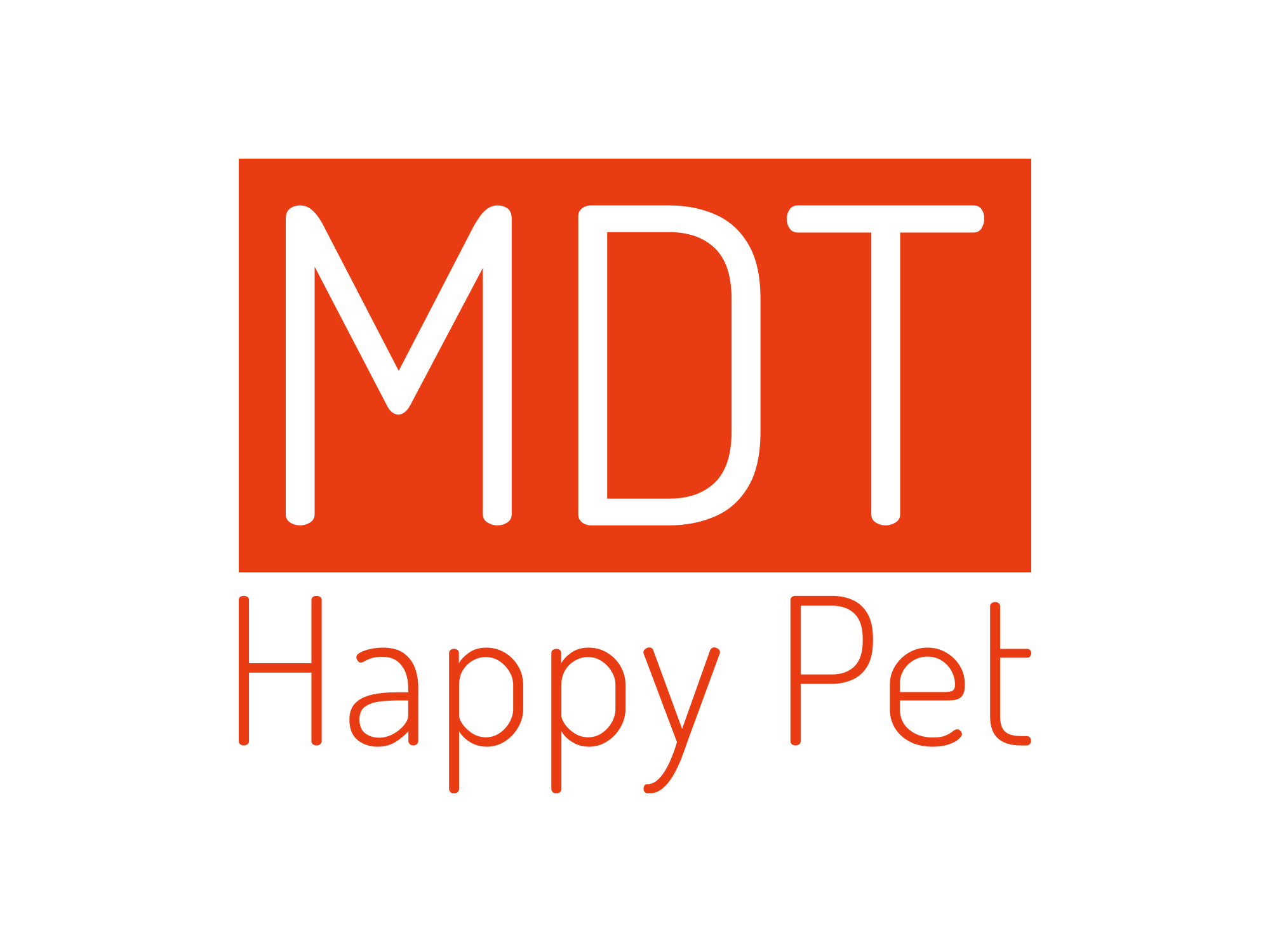
As a dog owner, you undoubtedly want the best for your furry friend. You want them to be happy, healthy, and free from any harm. But what happens when your dog gets sick or injured and requires medical attention? The costs of veterinary care can quickly add up, leaving you with an unexpected expense. That’s where dog health insurance comes in. In this article, we will discuss everything you need to know about dog health insurance, from why you need it to how to choose the right plan for your pup.
Introduction to Dog Health Insurance
Dog health insurance is a type of insurance policy that provides coverage for veterinary expenses in the event that your dog gets sick, injured, or requires medical attention. Just like human health insurance, dog health insurance comes with a monthly premium and a deductible. The premium is the amount you pay each month to maintain your policy, while the deductible is the amount you pay out of pocket before your insurance coverage kicks in.
Dog health insurance policies vary widely in terms of their coverage and benefits. Some policies cover only accidents and illnesses, while others also cover routine care such as vaccinations and check-ups. It is important to carefully review the details of any policy you are considering to ensure that it provides the coverage you need.
Why do you need dog health insurance?
As a responsible pet owner, you want to provide the best possible care for your dog. However, veterinary care can be expensive, and unexpected expenses can quickly add up. By having dog health insurance, you can rest assured that your pup is covered in the event of an accident or illness.
Dog health insurance can also provide peace of mind. Knowing that you have coverage in place can alleviate the stress and worry that comes with unexpected veterinary bills. With the right dog health insurance policy, you can focus on giving your dog the care and attention they need, rather than worrying about how to pay for it.
Types of dog health insurance plans
There are several types of dog health insurance plans available, each with its own set of benefits and drawbacks. The most common types of dog health insurance plans include:
Accident-only plans
Accident-only plans provide coverage for injuries resulting from accidents, such as broken bones, lacerations, and poisoning. These plans typically do not cover illnesses or routine care.
Illness plans
Illness plans provide coverage for illnesses such as cancer, diabetes, and allergies. These plans typically do not cover accidents or routine care.
Accident and illness plans
Accident and illness plans provide coverage for both accidents and illnesses. These plans may also include coverage for routine care such as vaccinations and check-ups.
Wellness plans
Wellness plans provide coverage for routine care such as vaccinations, check-ups, and preventative care. These plans typically do not cover accidents or illnesses.
How to choose the right dog health insurance plan
When choosing a dog health insurance plan, there are several factors to consider. These include:
Coverage
The first thing to consider is the coverage provided by the policy. Make sure the policy covers the conditions and treatments your dog is most likely to need.
Cost
The cost of the policy is another important factor to consider. Review the premium and deductible amounts to ensure they fit within your budget.
Limits and exclusions
Review the policy carefully to understand any limits and exclusions that may apply. This will help you understand exactly what is covered and what is not.
Reputation of the provider
Research the reputation of the insurance provider before purchasing a policy. Look for reviews from other pet owners and check the provider’s rating with the Better Business Bureau.
Customer service
Finally, consider the quality of customer service provided by the insurance provider. Look for a provider that is responsive and helpful in answering your questions and concerns.
Benefits of dog health insurance
There are several benefits of having dog health insurance, including:
Financial protection
Dog health insurance provides financial protection in the event of unexpected veterinary expenses. With the right policy, you can avoid unexpected expenses and ensure that your pup receives the care they need.
Peace of mind
Knowing that you have coverage in place can provide peace of mind. You can rest assured that your pup is covered in the event of an accident or illness.
Access to quality care
With dog health insurance, you can afford to give your pup the best possible care. You can choose the vet that best meets your needs, rather than being limited by cost.
Frequently asked questions about dog health insurance
What is the best age to enroll my dog in health insurance?
It is best to enroll your dog in health insurance when they are young and healthy. This will ensure that they are covered in the event of unexpected illness or injury.
How do I file a claim with my dog health insurance provider?
To file a claim with your dog health insurance provider, you will need to provide documentation of the veterinary care received. This typically includes a detailed invoice from the veterinarian.
Can I use any veterinarian with my dog health insurance policy?
Most dog health insurance policies allow you to use any licensed veterinarian. However, some policies may require you to use a network of preferred providers.
Top dog health insurance providers
There are several dog health insurance providers to choose from. Some of the top providers include:
Healthy Paws
Healthy Paws is a popular dog health insurance provider known for its comprehensive coverage and fast claims processing.
Nationwide
Nationwide offers a range of dog health insurance policies, including accident-only, illness, and accident and illness coverage.
Trupanion
Trupanion is a popular dog health insurance provider that offers comprehensive coverage for accidents and illnesses.
Tips for filing a dog health insurance claim
Filing a dog health insurance claim can be a confusing process. Here are some tips to help make the process easier:
Keep detailed records
Keep detailed records of all veterinary care received, including invoices and receipts.
Understand your policy
Review your policy carefully to understand what is covered and what is not.
Contact your insurance provider
If you have any questions or concerns about filing a claim, contact your insurance provider for assistance.
Common dog health issues covered by insurance
Dog health insurance policies typically cover a range of common health issues, including:
Allergies
Allergies are a common health issue in dogs and can be costly to treat. With dog health insurance, you can ensure that your pup receives the care they need without breaking the bank.
Cancer
Cancer is a serious health issue that can be expensive to treat. With the right dog health insurance policy, you can ensure that your pup receives the best possible care without worrying about the cost.
Accidents
Accidents can happen at any time, and veterinary care can be expensive. With the right dog health insurance policy, you can ensure that your pup is covered in the event of an accident.
Conclusion
Dog health insurance is an important investment for any responsible pet owner. With the right policy, you can ensure that your furry friend receives the best possible care without breaking the bank. By considering factors such as coverage, cost, and reputation when choosing a policy, you can find the right policy to meet your needs. Remember to keep detailed records and understand your policy to make the claims process as smooth as possible. With dog health insurance, you can provide your pup with the care and attention they deserve.

